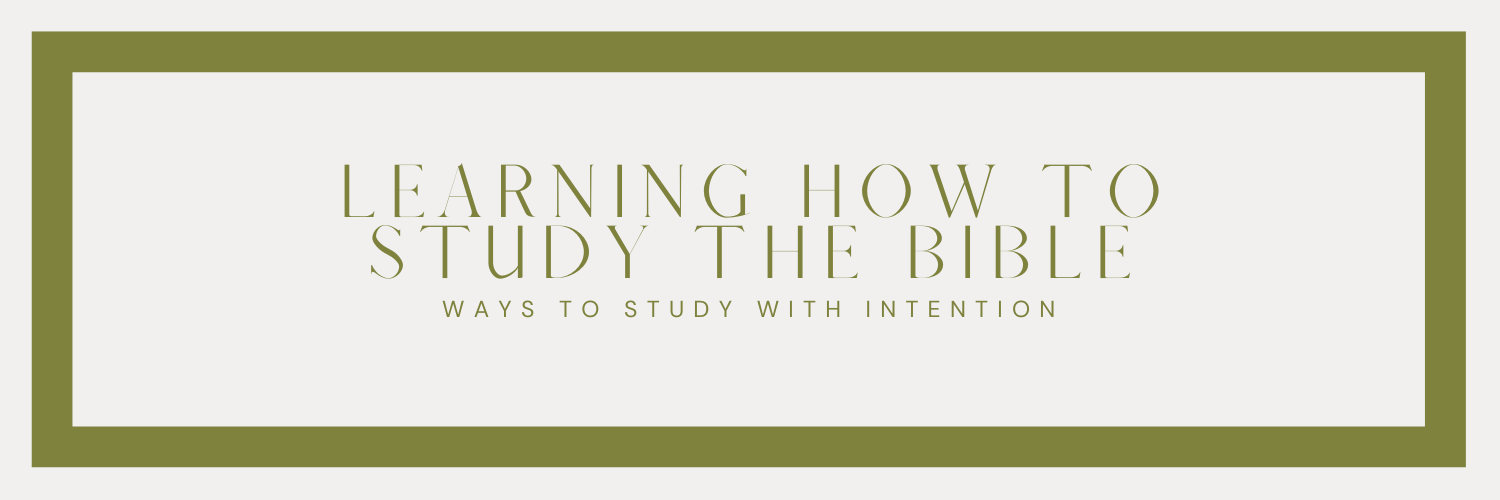
Studying the bible
Just Start Reading
There are many different Bible translations and formats available, which can make choosing the right one a bit challenging. The best way to begin is simply to start exploring. Try a quick online search based on your background—for example, search “Catholic Bible,” “Orthodox Bible,” or “Baptist Bible.”
Be sure to choose a version that is biblically sound and stays true to the original texts. Read reviews, pick one that seems like a good fit, and start reading. If it doesn’t resonate with you, don’t hesitate to try a different version. The key is to keep looking until you find the one that works best for you.
Format To study
Methods for studying and context
Studying the Bible can feel overwhelming at first, but it doesn’t have to be. The most important thing is to start with an open heart and a desire to understand God better.
Before jumping in, it helps to take a moment to slow down and clear your mind. A simple prayer or pause can set the tone, helping shift focus from the day’s distractions to what God might be saying through His Word.
As you read, don’t worry about having all the answers. Be curious. Highlight or write down anything that stands out—maybe a verse that feels meaningful or something that doesn’t quite make sense. Those questions are worth coming back to, and often, they’re where deeper understanding begins.
There are plenty of tools out there to help dig deeper. Trusted online Bibles, study tools, and commentaries can offer historical background, definitions, and different perspectives. A quick search can be helpful too, but it’s important to be careful—just because something shows up online doesn’t mean it’s biblically sound. If something feels off or doesn’t align with Scripture, it’s okay to pause and double-check. Use the same kind of thoughtful research you’d use if writing a paper or defending an idea.
One tip that makes a big difference: read the Bible book by book. Jumping around can be helpful at times, but reading in order helps build context. Try to understand who the book was written to, what was going on at the time, and why certain things were emphasized. It’s also important to avoid reading the Bible through a modern lens. The culture and values were different, and understanding that helps the meaning become clearer.
Above all, be patient—with the process and with yourself. Growth and discernment takes time, but every step forward is meaningful.

Online Bibles for further research
Two resources for online Bibles to get started

